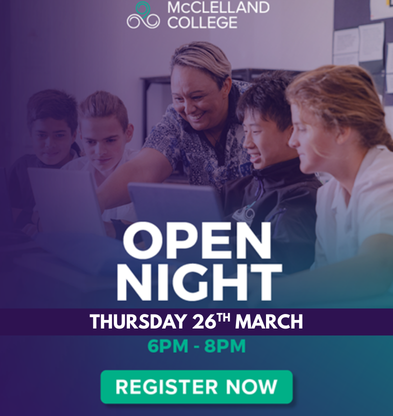Personal Futures
All students study Personal Futures in Year 10.
The course consists of completion of Unit 1 Industry and Enterprise for Semester 1 and AusVELS assessed coursework in Semester 2.
SEMESTER 1
UNIT 1: WORKPLACE PARTICIPATION
This unit prepares students for effective workplace participation. Their exploration of the importance of work-related skills is integral to this unit. Students develop work-related skills by actively exploring their individual career goals and pathways. They observe industry and employment trends and analyse current and future work options. Students build work-related skills that assist in dealing with issues affecting participants in the workplace.
Students examine the diverse contexts in which work takes place in Australian society by investigating a range of work settings. They investigate job tasks and processes in work settings as well as entry-level requirements associated with work in selected industries.
Students research a work-related issue, and consider strategies related to the development of interpersonal skills and effective communication to deal with the selected issue.
After completing the relevant occupational health and safety induction program, students demonstrate the practical application of their work-related skills by completing at least 35 hours of structured workplace learning.
All students complete a portfolio and participate in a mock interview to practice interview skills and prepare them for their future choices at school.
Satisfactory completion of this unit of work will contribute to the students VCE or VCAL program in the future.
SEMESTER 2
The course will focus on students’ personal learning, and will include developing thinking skills and their understanding of the community in which they live. Students’ individual futures will be a focus.
The study will also incorporate areas such as:
- Investigation of the legal rights and responsibilities of young people
- Management of personal finances
- The role of young people as consumers in our economy
- Personal identity
- The rights and responsibilities of young people
- Mental health issues
- Risk taking
- Assertiveness and resilience strategies
- Health services provided by government and non-government bodies

